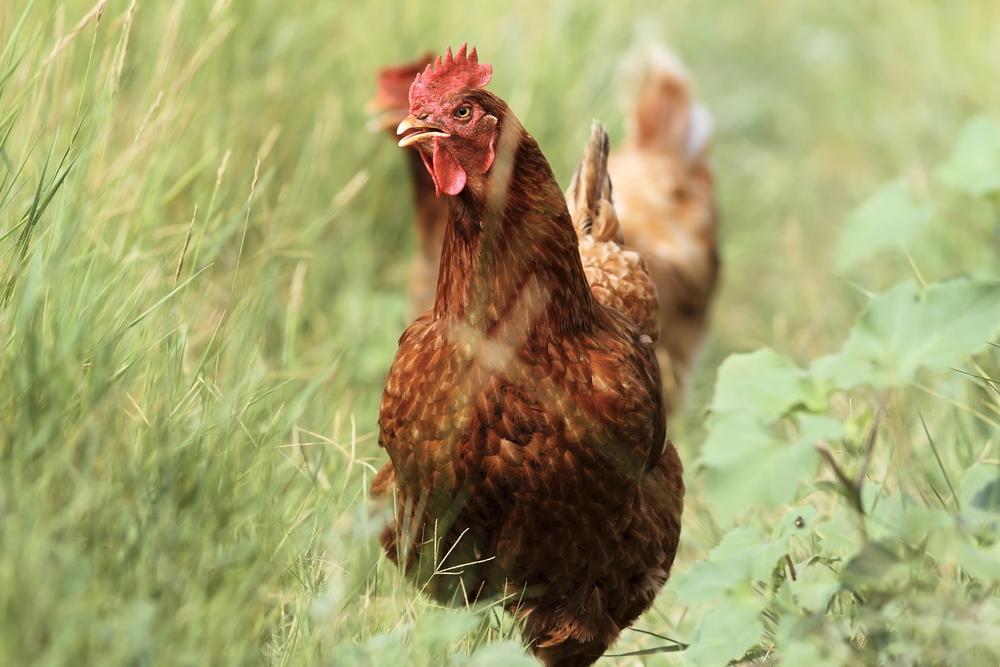Lyme disease - named after the village it was first diagnosed in- takes about 300,000 new victims annually in the United States alone. The epidemic number is almost ten times as high as the number of cases officially reported. Lyme, just like a plethora of other tick-borne diseases, mimics other serious diseases, such as amyotrophic lateral sclerosis (ALS), fibromyalgia, autism, multiple sclerosis (MS), and arthritis.
So, here are some tips to prevent tick infections. Keep your yard and home free of ticks by:
- Storing children’s toys in dry, sunny places.
- Keeping dogs and other pets free from ticks by not letting them roam in heaps of leaves, litter, woody bushes, or tall grass, but rather on dirt roads or mowed grass. Additionally, you can powder, spray, or use tick collars containing anti-tick chemicals.
- Having chicken roam your garden. They eat the creatures.
- Placing wood-chip barriers around your yard. This prevents ticks from crawling out of the bushes, leaf litter, or tall grass onto your lawn.
- Fencing off recreation areas to keep deer out, as deer carry and scatter ticks.

Photos starring tick-avoiding strategies and John Donnally who rode cross-country by bike to raise awareness. Courtesy of Wikimedia Commons and the Maine Medical Center Research Institute.
For a walk in a bit of nature with tall grass, leaf piles, woody bushes, or other humid dark places, just:
- Wear bright colors to more easily spot them crawling on you.
- Show no bare ankles and tuck long trousers into socks (so fashionable).
- Take a nice shower afterward to rinse off any that may be crawling on you.
- Perform a full-body check.
- Tumble dry backpacks and clothing for 30 minutes.
Tick-borne diseases can impact health and lives incredibly. “Lady of Lyme” Christine Kovacs was awarded “inspirational woman of the month” by the Inspiring Women’s Global Network for her blog on living with Lyme. She personally had to quit studies at her dream school and move back home at the age of 23 because of Lyme. She went untreated for years following continuous misdiagnoses. In the end she suffered local brain damage from untreated tick-borne diseases in a manner that her sensory functions are affected.
While her friends were building up careers and families she was moving back in with her parents and combating pain and illness. Her number one advice for readers of her blog is to take the risk of Lyme disease and those infected seriously. She said the disease is misunderstood, underdiagnosed, and invisible. She emphasizes that support of friends and families can be a lifesaver.
Borrelia burgdorferi, the bacteria that causes Lyme is found in 300 strains worldwide. This makes Lyme hard to diagnose, or to cure. The Centers for Disease Control (CDC) confirms that a lot of infected people did not know about Lyme, how to prevent tick infection or how to combat the disease when suspected. To kill the bacteria properly, the Tick-Borne Disease Alliance (TBDA) recommends a full 6-week antibiotic cure upon suspecting the disease to prevent a relapse. Treatment of Late Stage Lyme is another story. Patient support groups recommend considering dietary support, herbal and homeopathic treatment on top of following a regular medical path. The CDC provides a reference manual for healthcare providers.
*Image via Shutterstock





